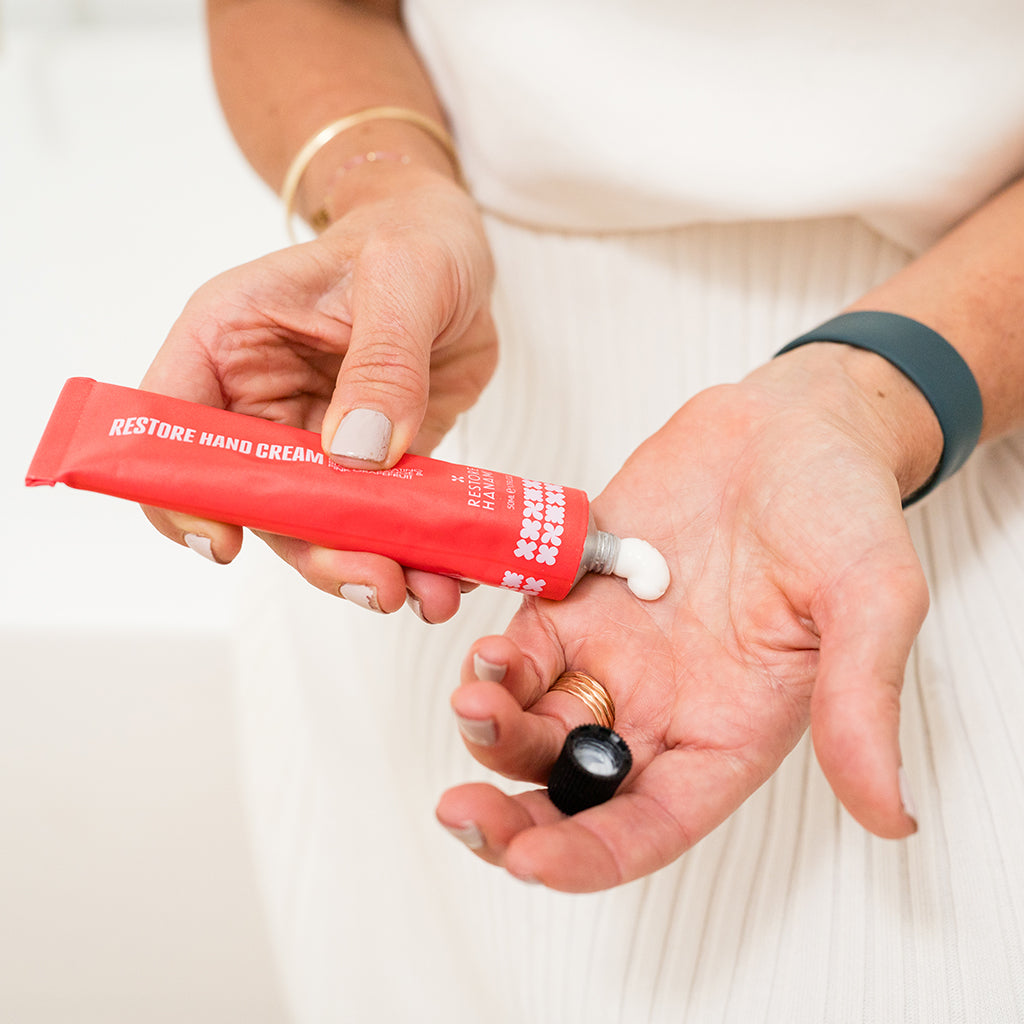
Today I feel called to chat about self-sabotage. Not only because it’s a hot topic in my therapy practice, but also because at the time of recording this episode I’m in the middle of a 30-day clean-up-my-act challenge. And it’s been interesting to witness my own behaviour amidst spontaneous and extended lockdowns in Melbourne. Interestingly for me, a jar of peanut butter rears its head quite readily at such a time!
Listen to the full episode on Apple Podcasts, Spotify, Google Podcast and more.
Broadcast: August 13, 2021
Duration: 25:31
Here’s a snippet of my recording…
Those moving goal posts…
Now, the most obvious issue associated with self-sabotage is that every time we engage in self-sabotage, our goals get further and further away from us. Maybe you’ve got a get fit goal, or a weight loss goal, or a relationship goal, or a detox your life goal. Or maybe it’s simply prioritising your self-care, or to read more, or to connect more with those you love.
Sometimes we are left wondering why we can never reach them. But the short answer is simply this: We need to get out of our own way. The only person stopping us is ourselves. Though of course it’s very easy to blame the external environment isn’t it? We end up in a cycle of setting goals, quitting on them, confirming to ourselves we can’t do something and then starting all over again.
How to get out of your own way.
I want to start this chat with 5 examples of self-sabotage, because I think for many of us self-sabotaging behaviours aren’t even conscious.
- We feel stressed or angry, and instead of dealing with that challenging emotion, we go to the peanut butter jar, or the block of chocolate, or the alcohol to buffer that discomfort.
- We decide that we’d like to start a new business or project, but this requires getting out of our comfort zone, so we delay booking in a call with a business coach day after day after day. And the business never starts.
- Our mind feels cluttered, we feel overwhelmed. What we need is to take 10 mins each day to meditate. But instead, we choose to scroll on social media, cluttering the brain more, impacting our nervous system, because it’s ‘easier’ than feeling into the discomfort of sitting still with the thoughts that come.
- We decide we’d like to get fit, and to lose a couple of kilos. We commit to a plan to ‘get there’. By Day 3, we’ve given up because “that’s what always happens” and feelings of being unworthy keep creeping up.
- We feel lonely and disconnected. But instead of reaching out to friends to arrange a catch up, we binge 5 episodes of Netflix, self-perpetuating the feelings of loneliness, and numbing ourselves.
Do any of these resonate with you? Are you ready to break the cycle?
There are 3 steps to breaking the self-sabotage cycle.
Step 1. Look at WHY you self-sabotage…
We may lack self-worth, not truly believing we deserve success or to feel great about ourselves. We simply don’t feel worthy of the good feelings we may experience when we achieve our goal. We may also fear success, worrying we’re not qualified enough or skilled enough. We may fear failure. We resist putting ourselves ‘out there’ because that may bring humiliation, rejection, and shame. It’s also about comfort and control. We can’t accept uncomfortable feelings when we go for what we want so we stay in our comfort zones and instead try to over-control our outcomes…
Step 2: Identify your self-sabotaging behaviour. Here’s what we do when we’re self-sabotaging…
Buffering: We buffer uncomfortable feelings we may have while trying to achieve our goals with over-eating or drinking too much, over-spending or over-scrolling. When we buffer with false pleasures that ultimately harm us, we land back in a cycle of starting over, again and again.
Procrastination: We fear we might fail or not get the result we want straight away so we delay, procrastinate, put off actually moving forward. Moving forward feels too risky. The issue with procrastination is it ONLY elongates the feelings of discomfort. They never go away!
Quitting: If something isn’t happening fast enough, we quit. We stop turning up and we give up. The issue with quitting, is the ultimate goal simply gets further and further away from us!
Negative Self-Talk: We literally talk ourselves out of achieving what we want all day long. You won’t get there. You’ll never get there. You don’t know what you’re doing. You can’t do it.
Step 3: Change your behaviours, emotions and thoughts
Okay, so the way we break the self-sabotage cycle is by changing our behaviours, emotions and thoughts. Self-sabotaging behaviours are a choice and we can choose to stop doing them.
Become aware of your own behaviours (they may be ingrained habits and hard to recognise at first) and challenge negative thinking with logical, positive self-talk. Maybe even keep a journal to track the patterns. USE EFT!! Tap on the beliefs you have that you self-sabotage! USE AFFIRMATIONS! Morning and night! Be brutally honest with yourself – recognise when you’re telling yourself stories. Lean into those uncomfortable feelings and process them properly (instead of buffering them with food or alcohol). Don’t move away from an uncomfortable feeling that will take you one step closer to achieving your goal – choose to move through it.
Start enjoying the small wins and you’ll want to win more – get excited about how you GET TO feel as you start working towards your designated goal. This one has been a really big one for me. I choose to focus on how I get to feel after I’ve had my walk or eating my big salad and avoided the drink.
Practise self-care and self-compassion. Don’t beat yourself up when you slip up. Be wary of telling yourself you’ll ‘wait until next Monday’ to start again. Simply start where you are in this moment.





















